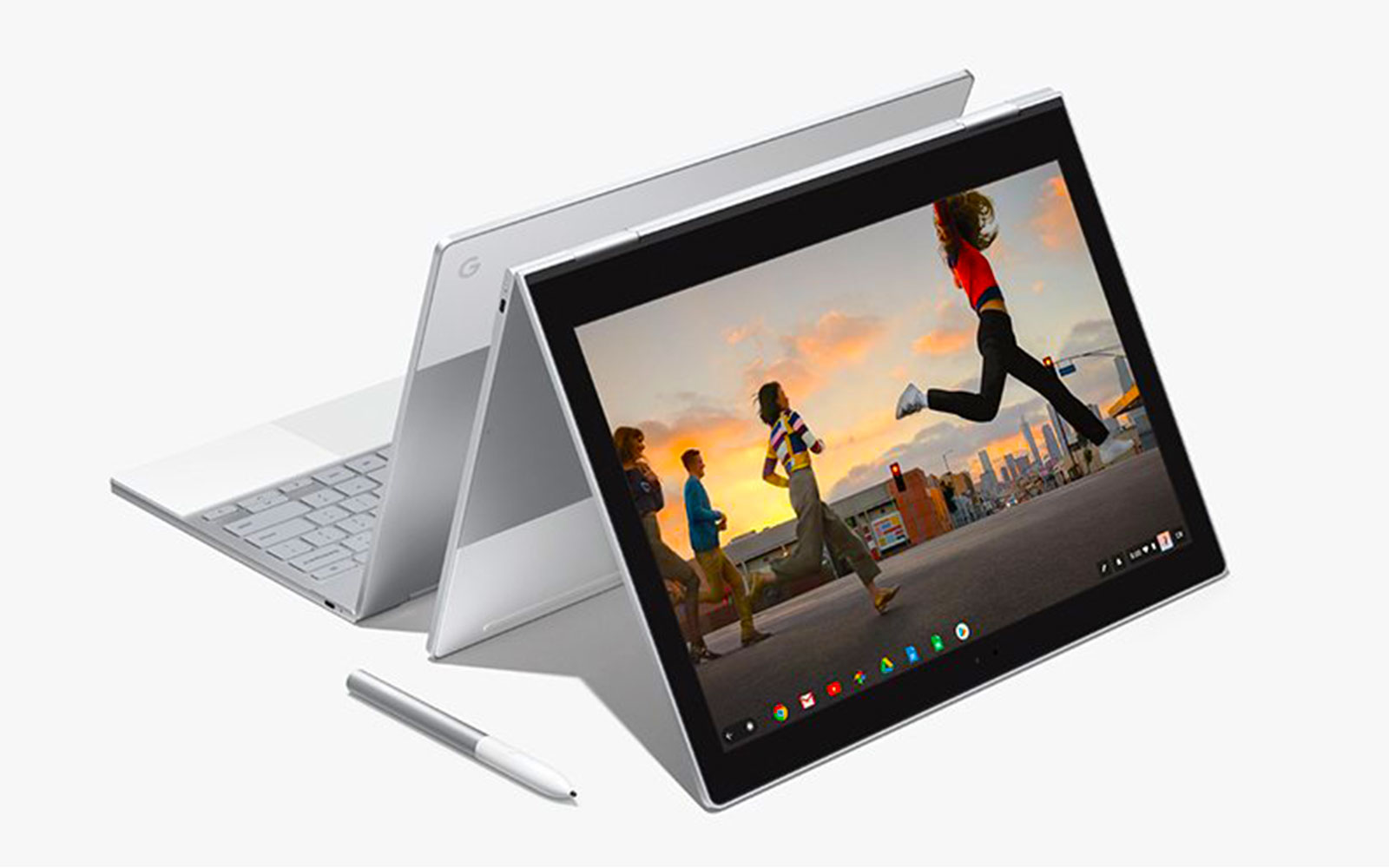Chromebooks May Soon Boot Windows 10 Alongside Chrome OS
Chromebooks may soon be able to support running Windows 10 along Chrome OS, according to recent comments in Chrome OS’ source code.
Windows 10 on Chromebooks
Earlier this year, it was revealed that Google was working on an “Alt OS” mode, which would allow different operating systems to run alongside Chrome OS. At the time, it wasn’t clear what this actually meant, considering you could already run some Linux distributions alongside Chrome OS. We also knew that Chrome OS supported Android apps and that native Linux apps were coming to Chrome OS.
Later, we discovered that Google’s own Pixelbook would soon receive Microsoft’s certification to run Windows 10, at which point it became clear that Alt OS was referring to Windows 10. Google engineers were spotted submitting Alt OS code commits to the Campfire branch as well as the Pixelbook branch. Campfire looks to be a system for picking another operating system (Alt OS) to run at boot.
It doesn’t look like Campfire is a Pixelbook-only feature, as multiple Campfire variants have been discovered. However, if each device needs Microsoft's certification, then the feature likely won’t come to all Chromebooks either, or at least not all Chromebooks that are already on the market. Future Chromebooks may all have to support dual-booting Windows 10 if Google requires that from Chromebook manufacturers.
Normally, to run a Linux distribution alongside Chrome OS, you need to enable the Developer Mode, which also disables Verified Boot. However, it seems that booting into Windows 10 will not require enabling Developer Mode. Campfire-enabled systems will also need to come with at least 40GB of storage, 30GB for Windows 10 and 10GB for Chrome OS.
Campfire Could Be Officially Revealed Soon
This fall, Google is expected to have a hardware event in which the company will unveil its next-generation Pixel 3 mobile devices. Rumors say that Google will release some new Pixelbooks then too. Google’s engineers seem to be in a hurry to implement the Campfire feature right now, so the company may at least demonstrate how it works at that event.
Supporting Windows on Chromebooks may give the Chromebook market a significant boost in sales, as that feature should remove the biggest objection people have had against Chromebooks. From day one, most criticism has been targeted at the fact that Chromebooks don’t support more fully featured applications. Google has slowly changed that, first with support for all Android apps, then with the announced support for Linux apps and now with reports of support for Windows programs too.
Get Tom's Hardware's best news and in-depth reviews, straight to your inbox.
Lucian Armasu is a Contributing Writer for Tom's Hardware US. He covers software news and the issues surrounding privacy and security.
-
jacksmith21006 Only site that indicates the way it needs to be. Along side and NOT dual boot.Reply
Theoretically this is already possible and wish Google would implement it how it can be done but make easier and more secure.
We have Crostini which enables the KVM on ChromeOS. You can boot a Windows ISO using the KVM on a "regular" GNU/Linux machine.
Once boot you can use remote desktop to connect to the Windows instance and you would then have ChromeOS, Android, GNU/Linux, and Windows.
Here is a tutorial on how to do it on gnu/Linux. Have not tried on my PB.
https://www.funtoo.org/Windows_10_Virtualization_with_KVM
One tutorial and there is several others.
I do NOT want true dual boot. That is NOT ideal. This method should also work with Fuchsia. Google already has equiv to KVM working on Fuchsia. -
ET3D Nice. I've felt that some Chromebooks are priced too high for the limited software they can run. Being able to add Windows would solve this problem.Reply
